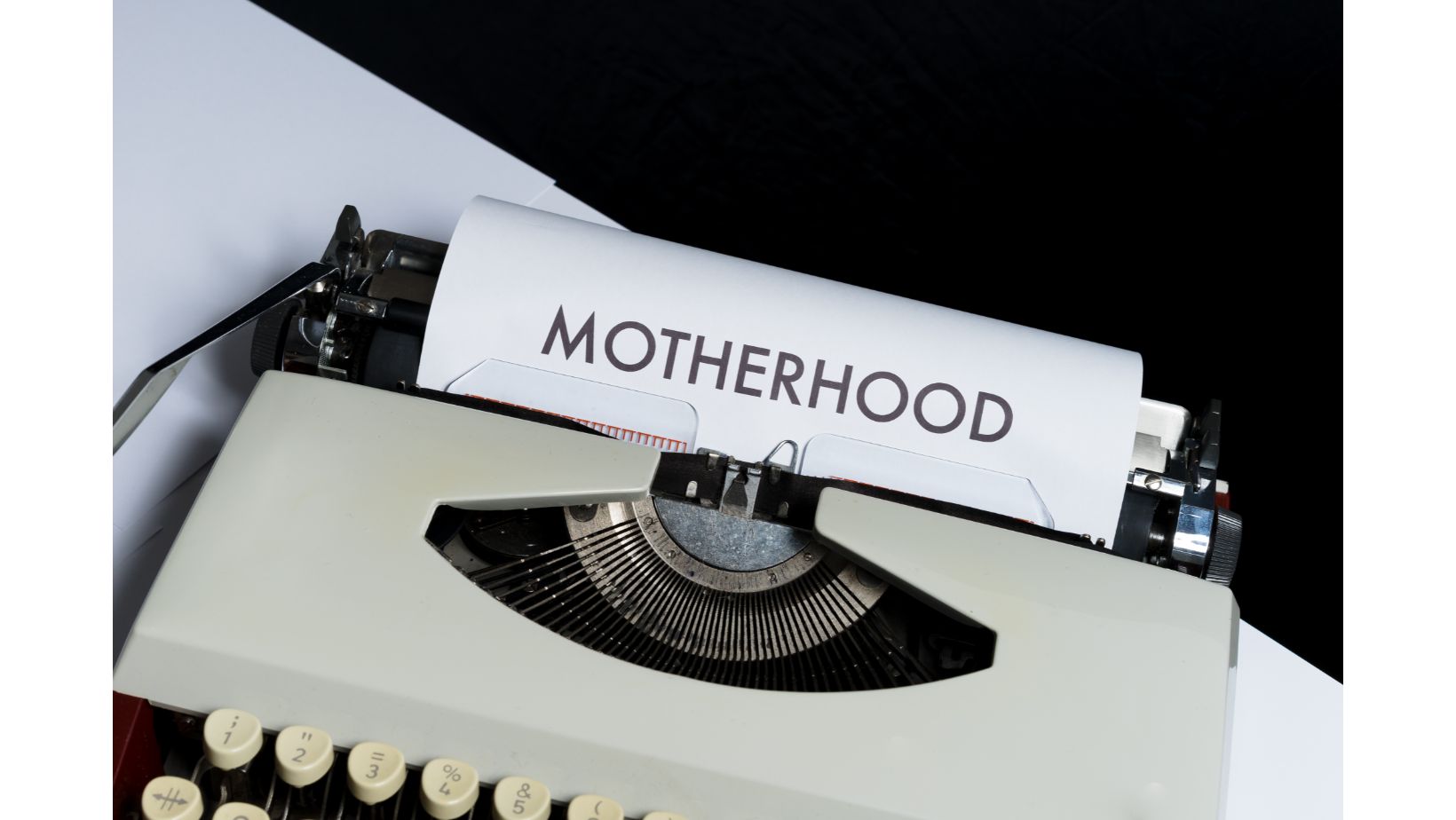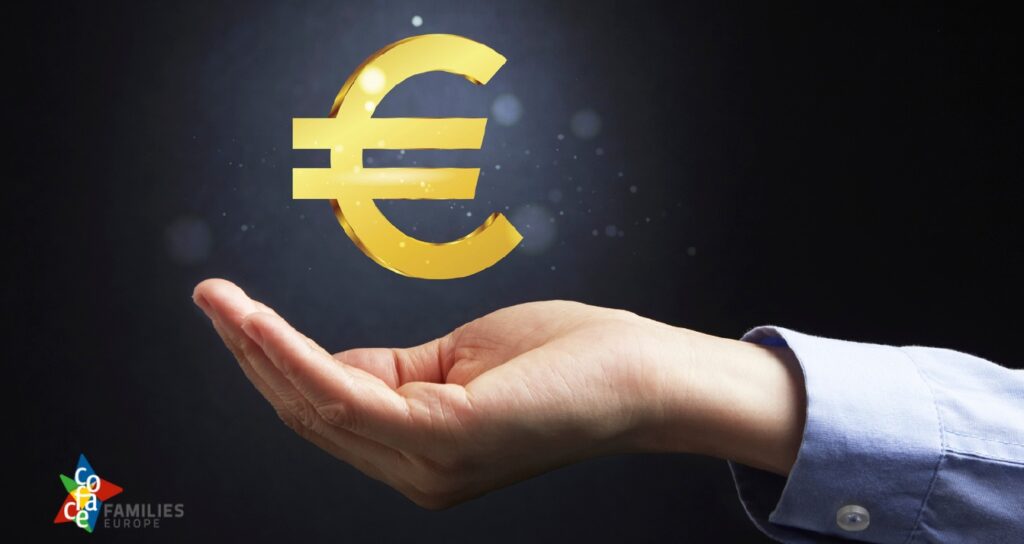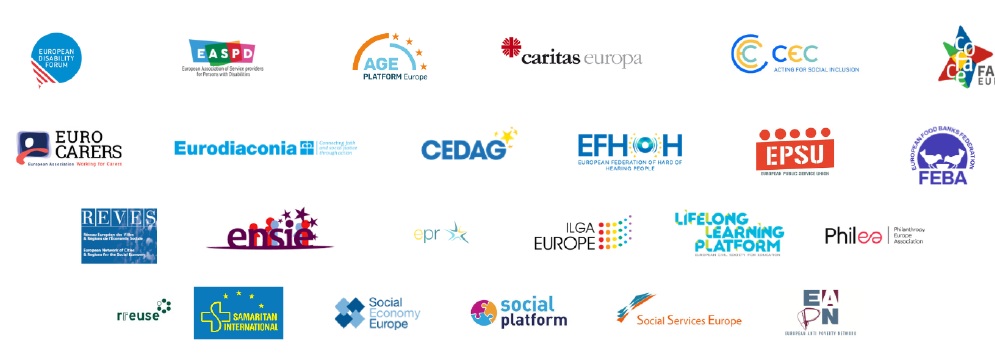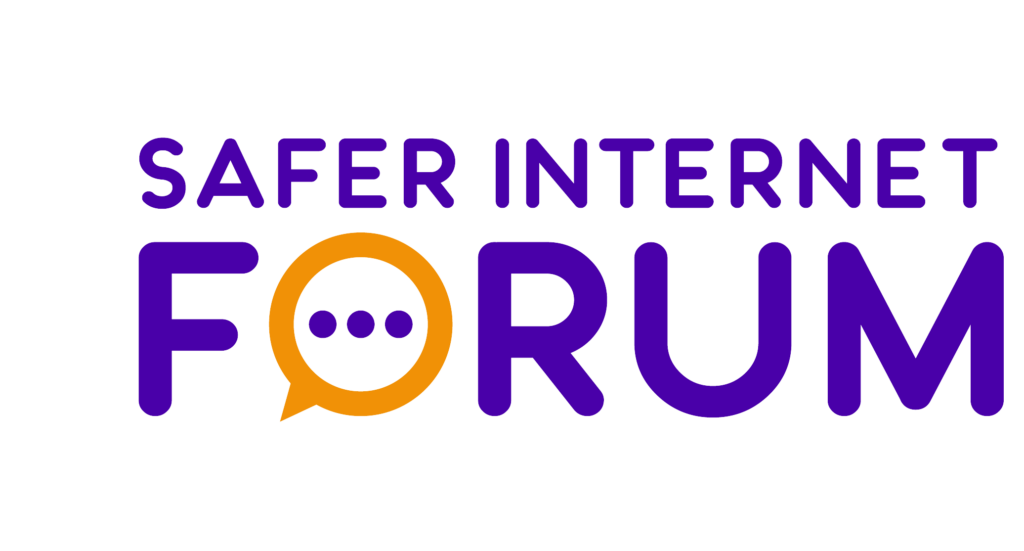COFACE’s Lithuanian member, the National Assembly of Active Mothers (NAMS), recently engaged in a public dialogue alongside other NGOs, social services, and professionals to address the critical issue of mental health within families, with a particular focus on supporting mothers. The discussions referred to emotional support and assistance to families on depression, the signs and recognition of melancholy and postnatal depression, ways to help and societal stereotypes.
The ability to recognise a mother facing emotional difficulties, to help her and for the mother to accept this help is a sign of a strong and mature society. Therefore, NAMS believes all institutions must make efforts to strengthen the network of emotional and psychological support for mothers and families experiencing these difficulties.
By this initiative the Ministry of Health (MoH) and the Ministry of Social Security and Labour (MoSL) have drawn up an Action Plan drawn with the aim of improving the emotional health of pregnant women and women giving birth. This will identify postnatal emotional difficulties in good time and provide the necessary support in the event of a mental health problem.
MoH stated that research in Lithuania and abroad shows that one in four women experience symptoms of postnatal depression, but official statistics on diagnoses do not reveal the true extent of the difficulties. This means that many such cases go unrecognised and undiagnosed. This is why the new Action Plan focuses on strengthening the responsibility and capacity of the public and professionals to recognise the signs of postnatal depression in time and provide the necessary help.
The Action Plan covers several initiatives:
Empowering medics: The Action Plan will set up a system for midwives, nurses, and GPs to ask pregnant women, mothers, and fathers about the symptoms of postnatal depression, assess them, and refer them for help if needed. To this end, legislation will be amended, and professionals will be trained and provided with methodological material. The system is planned to be operational from 1 July 2024.
Additional specialist support: The number of medical psychologists in obstetric hospitals will be increased and a new service will be introduced – specialised, ongoing psychological counselling for the psychological challenges of complicated or unsuccessful births. Existing psychologists and psychiatrists will be better equipped to help the pregnant woman, mother, or mother-in-law, to understand her psychological needs and the specifics of prescribing medications.
Help from loved ones: A long-term communication campaign is planned to reinforce positive attitudes towards parenthood and motherhood, and the knowledge and skills to recognise the need for help from a relative. This will promote public understanding and support for families and mothers, as well as for pregnant women facing significant life changes and difficulties.
Preventive psychosocial services: A new type of social services will be provided in Lithuania from 2022 – preventive social services. The MoH and the MoSL will join efforts to establish mutual support groups and quality group sessions for expectant and parenting families in most municipalities to encourage community socialisation and improve knowledge and skills in preparation for parenthood. These services will be launched in public health offices and community family homes in many municipalities next year.
Comprehensive family services: services provided free of charge in municipalities to strengthen the capacities of individuals and families who have experienced difficulties in solving problems on their own (self-help groups, counselling for families or individuals at home, after the birth of a baby, in the event of a disability or special needs, family mediation, parenting training, etc).
Visiting families at home: It is also foreseen to roll out family home visiting services nationwide from 1 May 2025 through early intervention services, which have been provided since 2019 through a pilot project in 16 municipalities. The services are provided to families experiencing complex health or social challenges during the first 1,000 days, that is, during pregnancy and until the child reaches the age of two years. These services are provided by midwives and nurses trained in a specific postgraduate programme.
Specialist training: In 2024, training will be launched for social service workers and providers, and organisers of complex family services, strengthening family counselling in the home after the birth of a baby, on disability or special needs. More than 1,000 professionals are expected to be trained.





